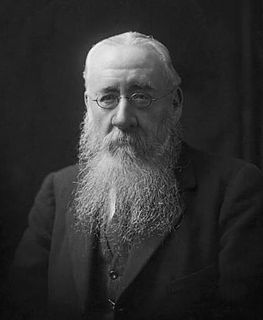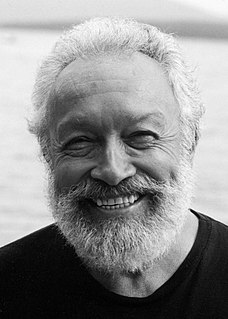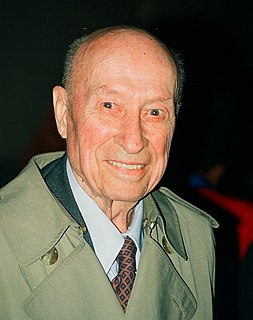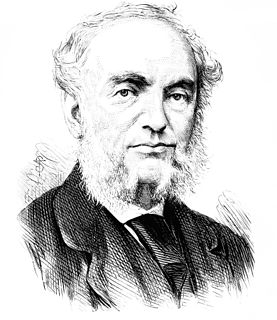A Quote by G. H. Hardy
... Philosophy proper is a subject, on the one hand so hopelessly obscure, on the other so astonishingly elementary, that there knowledge hardly counts.
Quote Topics
Related Quotes
There is nothing which an untrained mind shows itself more hopelessly incapable, than in drawing the proper general conclusions from its own experience. And even trained minds, when all their training is on a special subject, and does not extend to the general principles of induction, are only kept right when there are ready opportunities of verifying their inferences by facts.
My idea of philosophy is that if it is not relevant to human problems, if it does not tell us how we can go about eradicating some of the misery in this world, then it is not worth the name of philosophy. I think Socrates made a very profound statement when he asserted that the raison d'etre of philosophy is to teach us proper living. In this day and age 'proper living' means liberation from the urgent problems of poverty, economic necessity and indoctrination, mental oppression.
I do not think the division of the subject into two parts - into applied mathematics and experimental physics a good one, for natural philosophy without experiment is merely mathematical exercise, while experiment without mathematics will neither sufficiently discipline the mind or sufficiently extend our knowledge in a subject like physics.







































